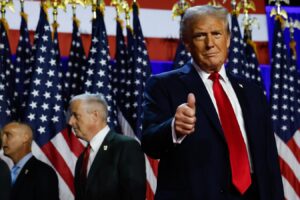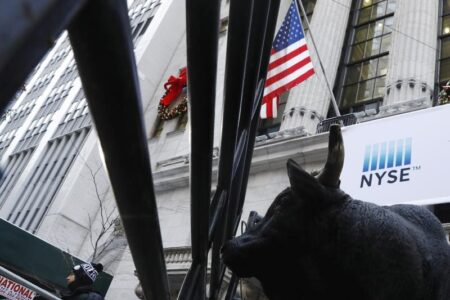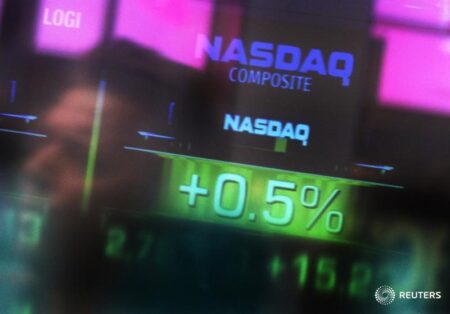Investing,com — The Trump transition team proposed eliminating a federal car crash-reporting rule opposed by Tesla (NASDAQ:), a move that could weaken the government’s ability to monitor and regulate automated-driving system safety, Reuters reported on Friday.
This suggestion, seen in a transition team document, aligns with Tesla’s interest in reducing what it considers “excessive” data collection.
Elon Musk, the CEO of Tesla and the world’s richest individual, contributed over $250 million to support Trump’s 2016 election campaign.
The removal of the crash-reporting rule would benefit Tesla, as the company has reported the majority of such incidents—over 1,500—to the National Highway Traffic Safety Administration (NHTSA) since the requirement’s introduction in 2021.
These reports have fueled federal investigations into Tesla’s driver-assistance technologies, including three inquiries triggered by crash data.
The transition team, tasked with drafting a 100-day automotive policy plan, argued the rule burdens automakers unnecessarily.
The Alliance for Automotive Innovation, representing most major automakers except Tesla, also criticized the rule as overly burdensome.
Data analyzed by Reuters revealed Tesla vehicles accounted for 40 of 45 fatal crashes reported to the NHTSA through mid-October.
Among these were a 2023 accident in Virginia where a Tesla using its “Autopilot” feature collided with a tractor-trailer, and a crash in California the same year in which an Autopilot-engaged Tesla struck a firetruck, killing the driver and injuring four firefighters, the report added.
The NHTSA has defended the rule, emphasizing its importance in monitoring and evaluating advanced vehicle technologies.
Since its implementation, the agency has reviewed data from over 2,700 crashes, leading to multiple investigations and recalls involving Tesla and other manufacturers.
Former NHTSA employees said that without such reporting, identifying safety risks would be much harder.
Tesla’s leadership has expressed dissatisfaction with the reporting requirements, believing the data presents the company unfairly. Sources familiar with Tesla’s internal discussions said the automaker perceives the reports as creating a misleading impression of Tesla’s safety record due to its rigorous data collection compared to competitors. However, the NHTSA cautioned against using the data for direct safety comparisons between manufacturers.
The crash-reporting rule mandates automakers to notify the agency of accidents if driver-assistance systems or autonomous technologies were engaged within 30 seconds of a collision.
In addition to repealing this requirement, the transition team recommended deregulating the autonomous vehicle industry to encourage growth and streamline federal oversight, the report added.
In an October earnings call, Musk advocated for a unified federal approval process for autonomous vehicles, criticizing the complexity of state regulations.
He also hinted at leveraging his promised role as Trump’s “government-efficiency czar” to promote regulatory changes favorable to the industry.
Tesla’s driver-assistance systems, including “Autopilot” and “Full Self-Driving,” have faced increasing scrutiny amid lawsuits and a Department of Justice criminal probe into whether the company overstated their capabilities.
Experts, including Bryant Walker Smith of the University of South Carolina, suggest Tesla’s comprehensive data collection and larger deployment of these systems likely contribute to its higher number of reported incidents.
Smith noted that frequent use of such technologies may expose vehicles to scenarios beyond their operational capabilities.
The ongoing debate underscores tensions between regulatory oversight and industry growth in the rapidly evolving autonomous-driving sector, the report said.
Read the full article here
















